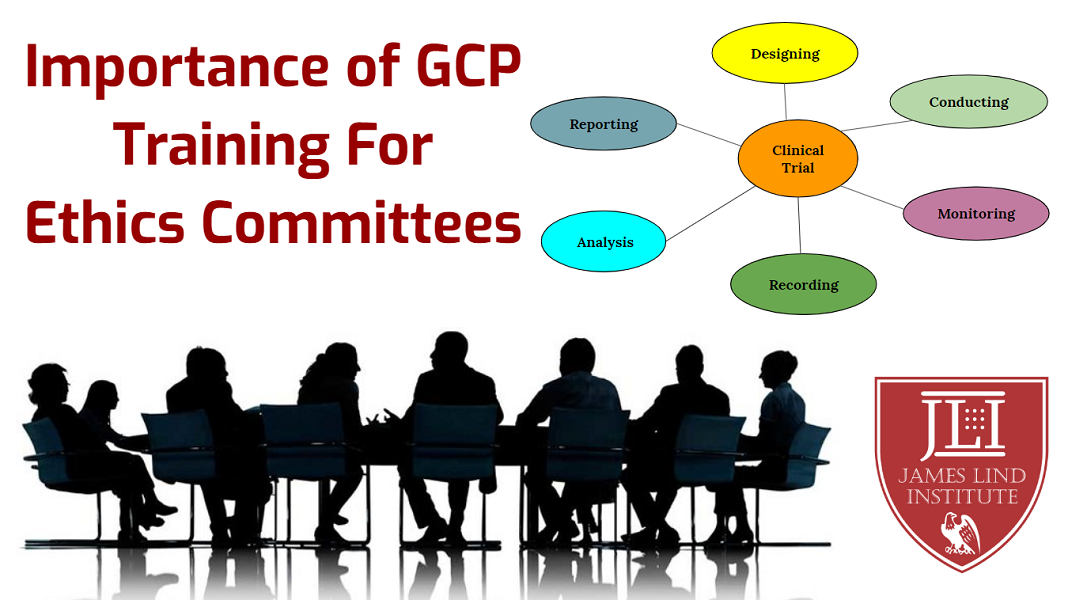Good Clinical Research Practice (GCP) helps design, conduct and report clinical research in an ethical and scientific manner. Various training programs are commissioned to train a cadre of clinical researchers on using global standards tools and systems for developing and conducting clinical trials on public health products like vaccines, drugs, biologics, medical devices or healthcare technologies.
Good Clinical Practices
Ethical, scientific and quality standards of Good Clinical Practice (GCP) protects the rights, integrity and confidentiality of trial subjects by designing, conducting, monitoring, auditing, recording, analysing and reporting clinical trials. The main aim of GCP guidelines used throughout the world is to protect and preserve human rights during clinical trials. Internationally, GCP maintains safety and protects welfare of human subjects; improves the quality of data generated; minimises human exposure to investigational products; speeds the process of marketing new drugs and decrease monetary burden on the sponsors and public.
GCP standards are established to improve clinical trial performance and provide credible trial data on medicinal products involving humans. GCP includes all aspects of clinical trial from planning until the results are reported. Basics of scientific research and ethical integrity are covered in GCP involving human subjects to generate valid observations, documentation and sound findings. GCP serves to advance public health goals, protect interests of all involved in the research process and ensure scientifically sound investigations. The harmonised standards of GCP provide assurance of credible data and accuracy of results reported.
Training Ethics Committees
Regulating clinical research in accordance with GCP principles helps to avoid clinical research participants from being exposed to undue risk and ensure research data generated are valid and accurate. Conducting complex clinical research is compounded by involving a number of skilled professionals with variety of expertise to perform trials efficiently in compliance with GCP. The responsibility for GCP is shared by employees of contract research organizations (CROs), sponsors, investigators and site staff, ethics committee, regulatory authorities and trial participants. Training requirement is necessary to all partners from academia, industry and clinical research staff to understand current GCP practices. Integrated approach implemented in GCP training is widely accepted by research sponsors for sustaining a well-trained workforce of researchers to conduct clinical trials successfully.
Protocols are submitted for consideration, guidance and approval to a specially appointed ethical review committee independent of sponsor, investigator or any other undue influence. An ethical review committee have to consider scientific and ethical aspects of proposed research. GCP training for ethics committee members is designed to address ethical issues and understand importance of regulating clinical trials with human participants. The members of independent ethical review committee are made aware of GCP guidelines to ensure conformance and compliance of the laws and regulations of the country. Topics and discussions covered in training programs include role and function of institutional review boards, informed consent for research participation, patient selection, privacy and confidentiality requirements, ethical aspects of study design. The focus in such programs is on current ethical issues in public health and policy, resource allocation, healthcare rights, conflicts between autonomy and health promotion efforts.
Online Good Clinical Practices (GCP) Training at JLI
James Lind Institute (JLI) provides an online GCP training program for clinical researchers and ethics committees. Other programs in allied fields offered at JLI include Pharmacovigilance, Medical Writing/Scientific Writing, Clinical Data Management, Regulatory Affairs, Quality Assurance, Medical Affairs/ Medical Liaison/ Medico marketing and Medical Journalism.
For more information please visit: www.jli.edu.in


